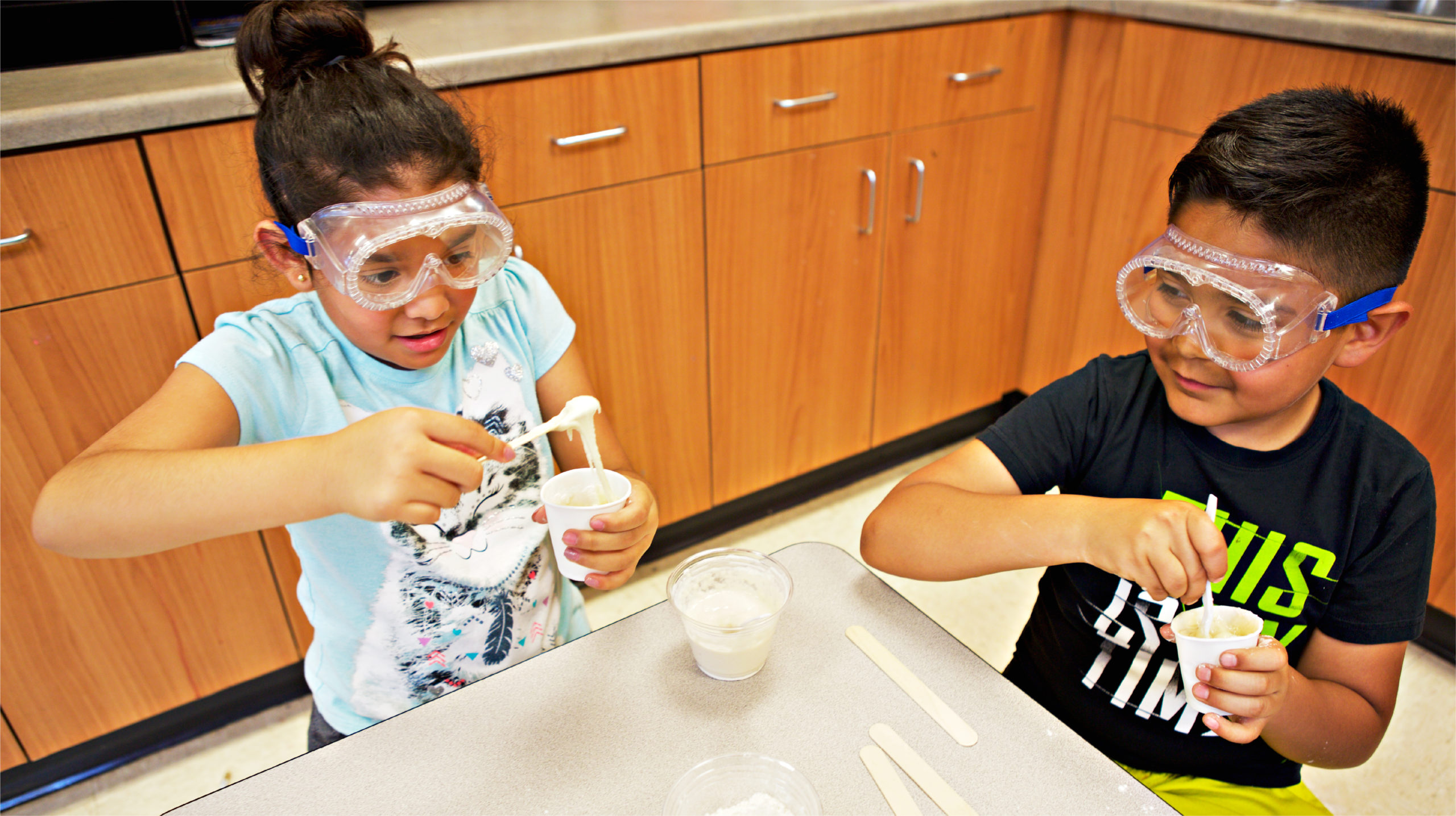Students actively investigate compelling questions by finding and evaluating evidence, then developing convincing arguments. These engaging roles and phenomena bring science curriculum to life in your classroom.
Contact information

For your review: Amplify Science K–5 sample materials
Amplify Science is built from the ground up for three-dimensional learning. Below you’ll find samples and resources to guide you in your review.
Explore our sample print materials
Grade K
Grade 1
Animal and Plant Defenses

Grade 2
Grade 3
Grade 4
Grade 5
Additional features
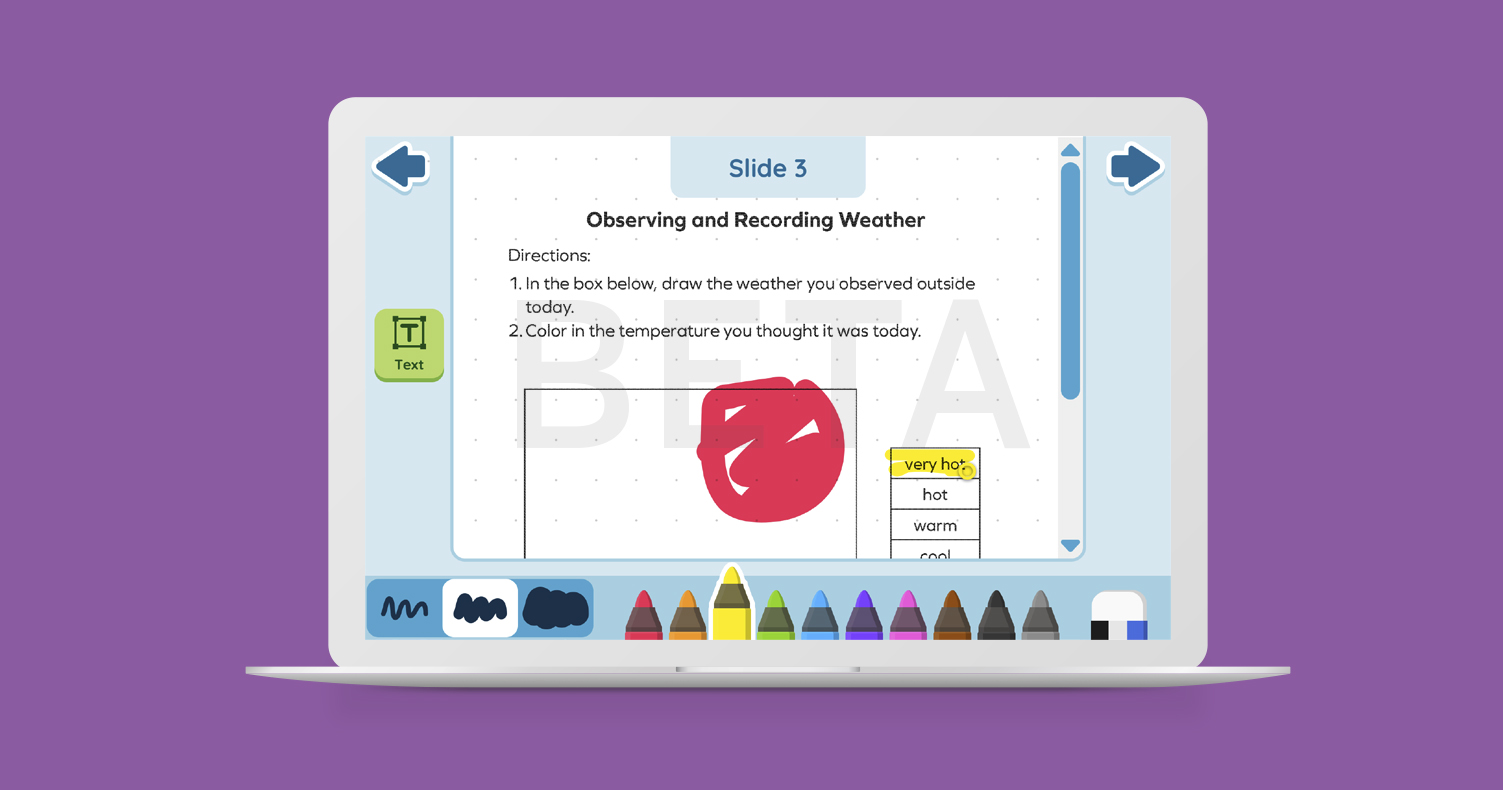
Diversity, equity, and inclusion
Diversity, equity, and inclusion
We live in a richly diverse world. Yet, historically, our educational systems have catered to a narrow range of students, particularly in STEM education. The result has been a lack of equitable opportunities for many—including students of color, English learners, disabled students, girls and young women, foster children and youth, and students experiencing poverty.
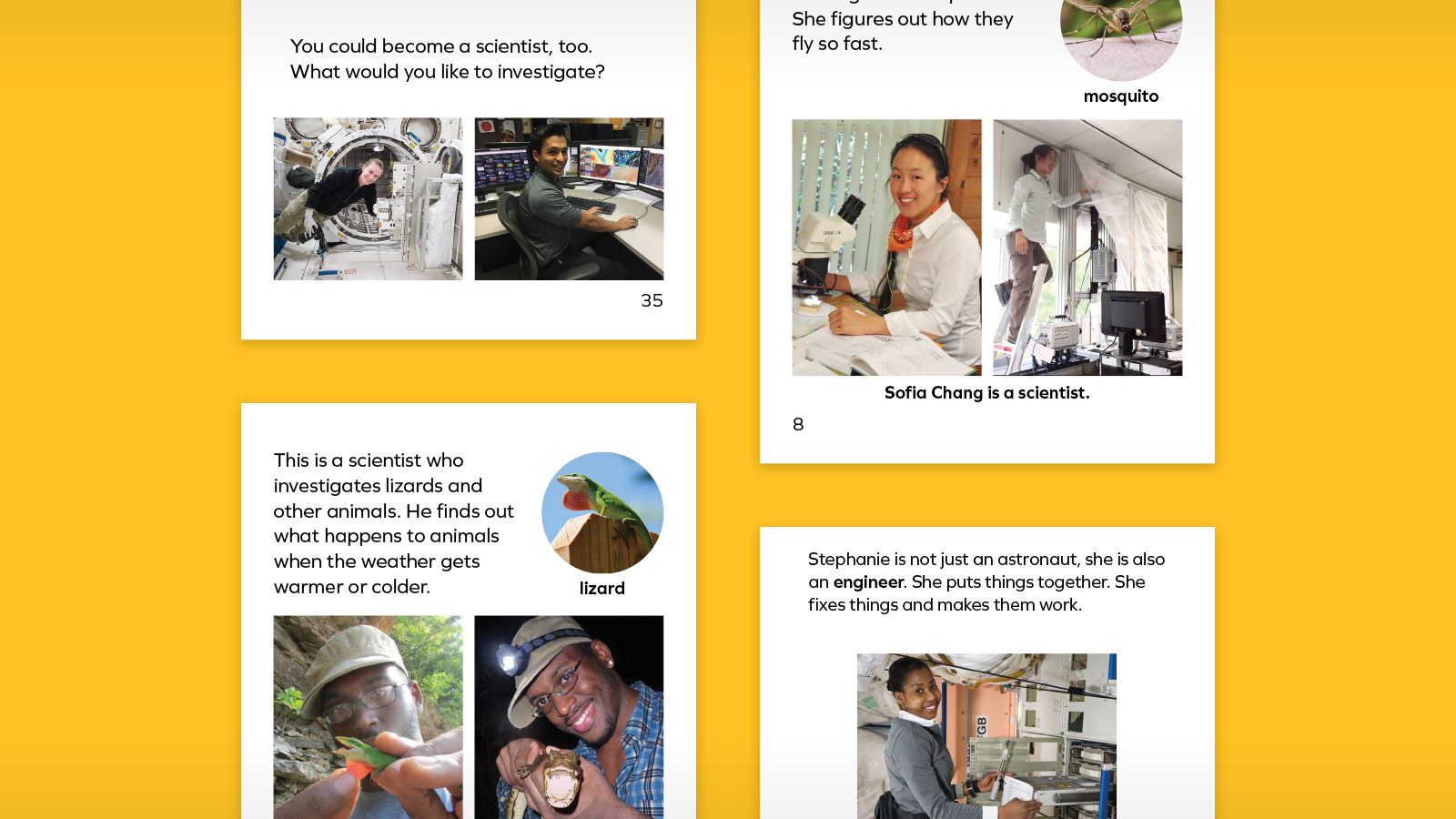
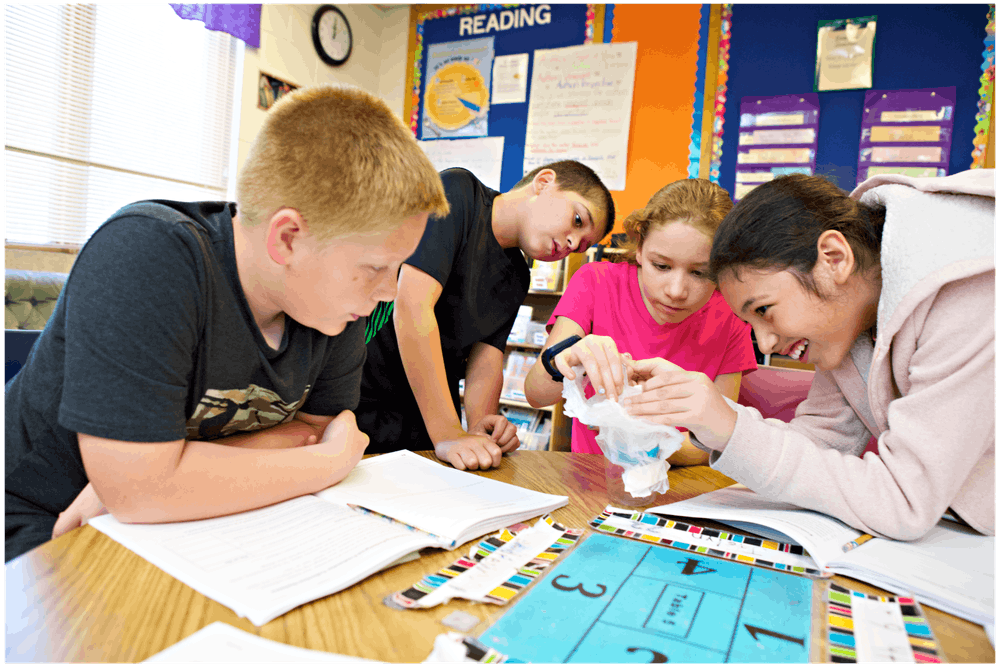
To receive full print or digital samples, please contact your local representative.

For your review: Amplify Science 6–8 sample materials
Amplify Science is built from the ground up for three-dimensional learning. Below you’ll find samples and resources to guide you in your review.
See how it works
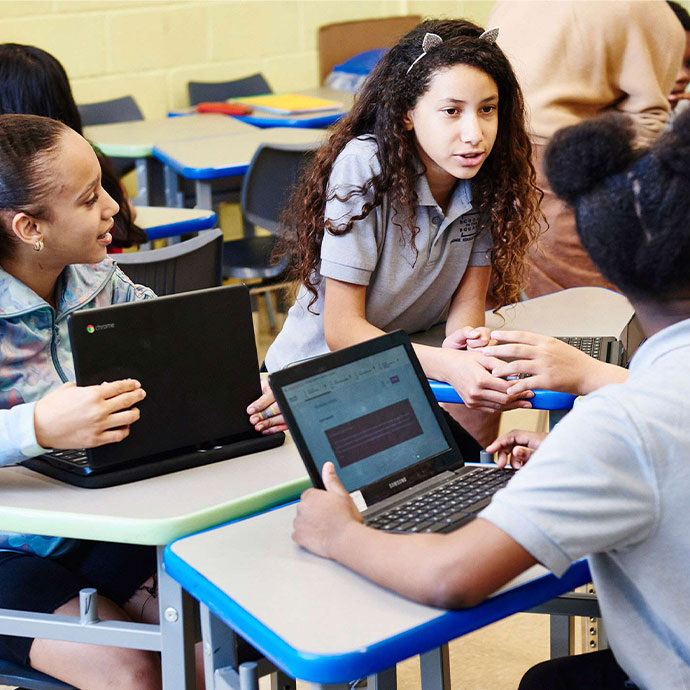
Explore the digital program
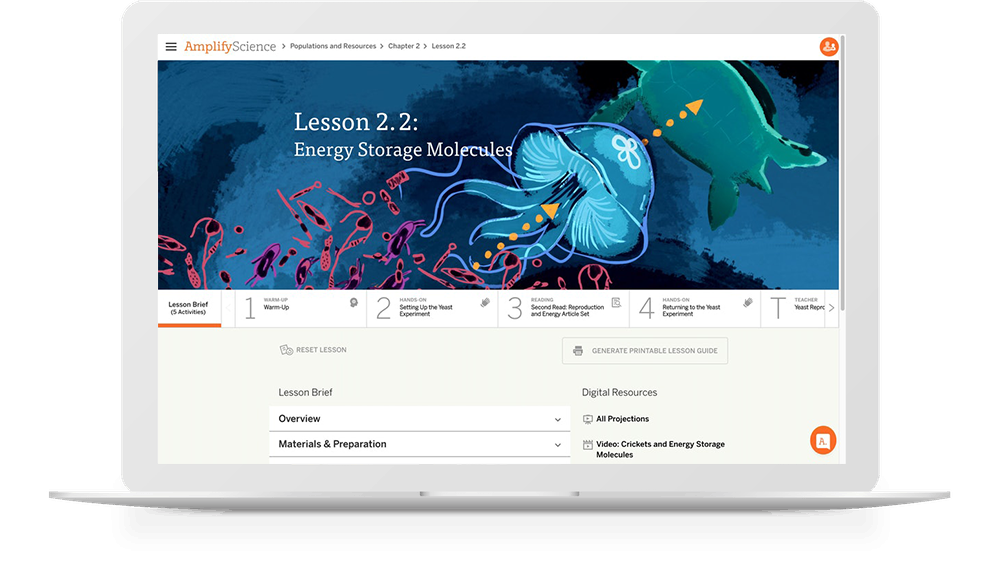
Explore sample print materials
Grade 6
Grade 7
Grade 8
Additional features
Diversity, equity, and inclusion
Diversity, equity, and inclusion
We live in a richly diverse world. Yet, historically, our educational systems have catered to a narrow range of students, particularly in STEM education. The result has been a lack of equitable opportunities for many—including students of color, English learners, disabled students, girls and young women, foster children and youth, and students experiencing poverty.

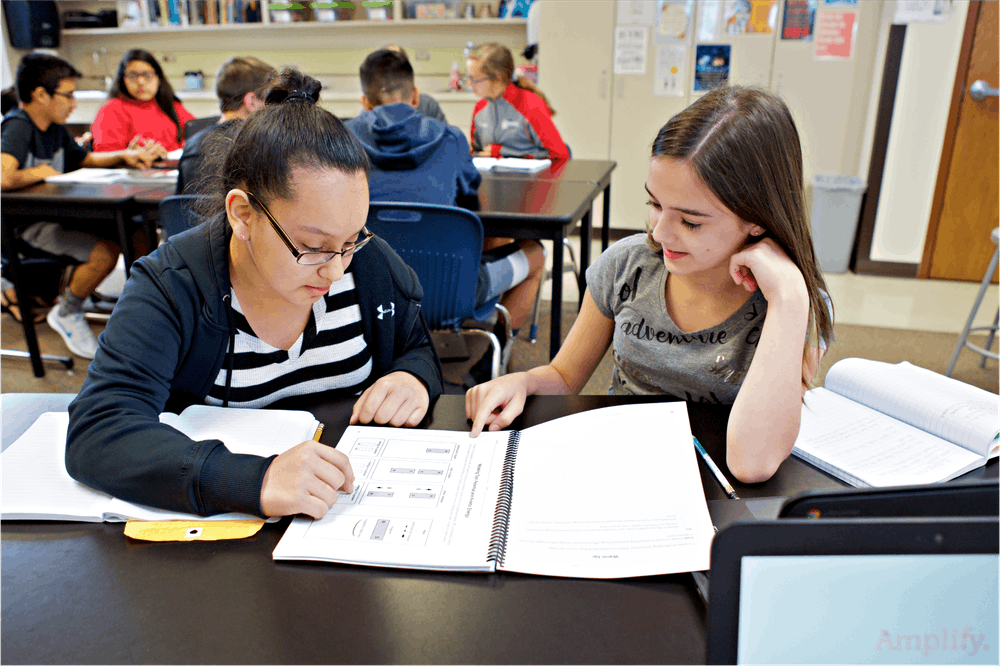
To receive full print or digital samples, please contact your local representative.
To receive full print or digital samples, please contact your local representative.
To receive full print or digital samples, please contact your local representative.

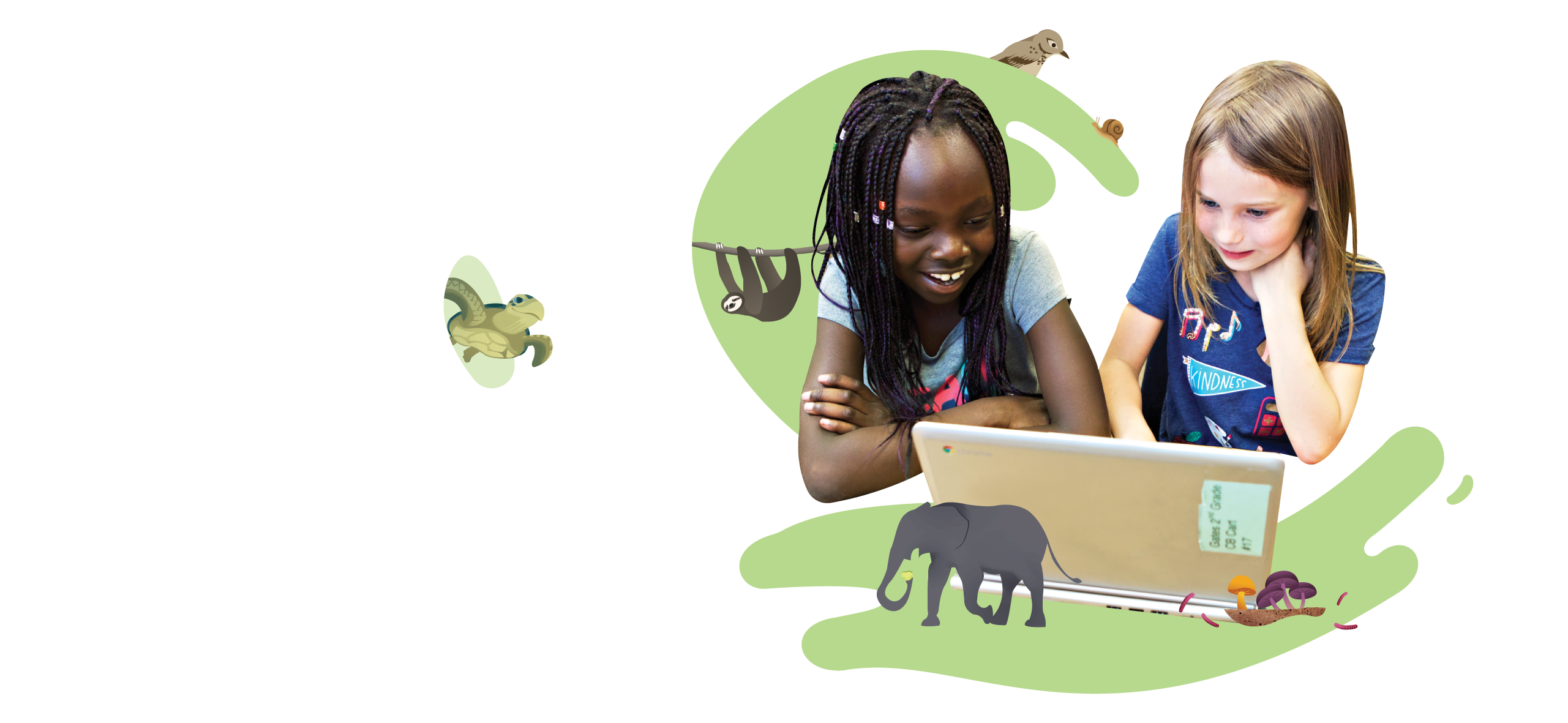
In every unit, students take on the roles of scientists and engineers to figure out real-world phenomena.
Students actively investigate compelling questions by finding and evaluating evidence, then developing convincing arguments. These engaging roles and phenomena bring science curriculum to life in your classroom.
Our approach
To investigate these phenomena, students collect evidence from multiple sources and through a variety of modalities. They move back and forth from firsthand investigation to secondhand analysis and synthesis, formulating an increasingly complex explanation of the target phenomenon. Each unit also provides students with opportunities to apply what they have learned to solve new problems in different contexts. This enables students to demonstrate a deep understanding of phenomena and practices.
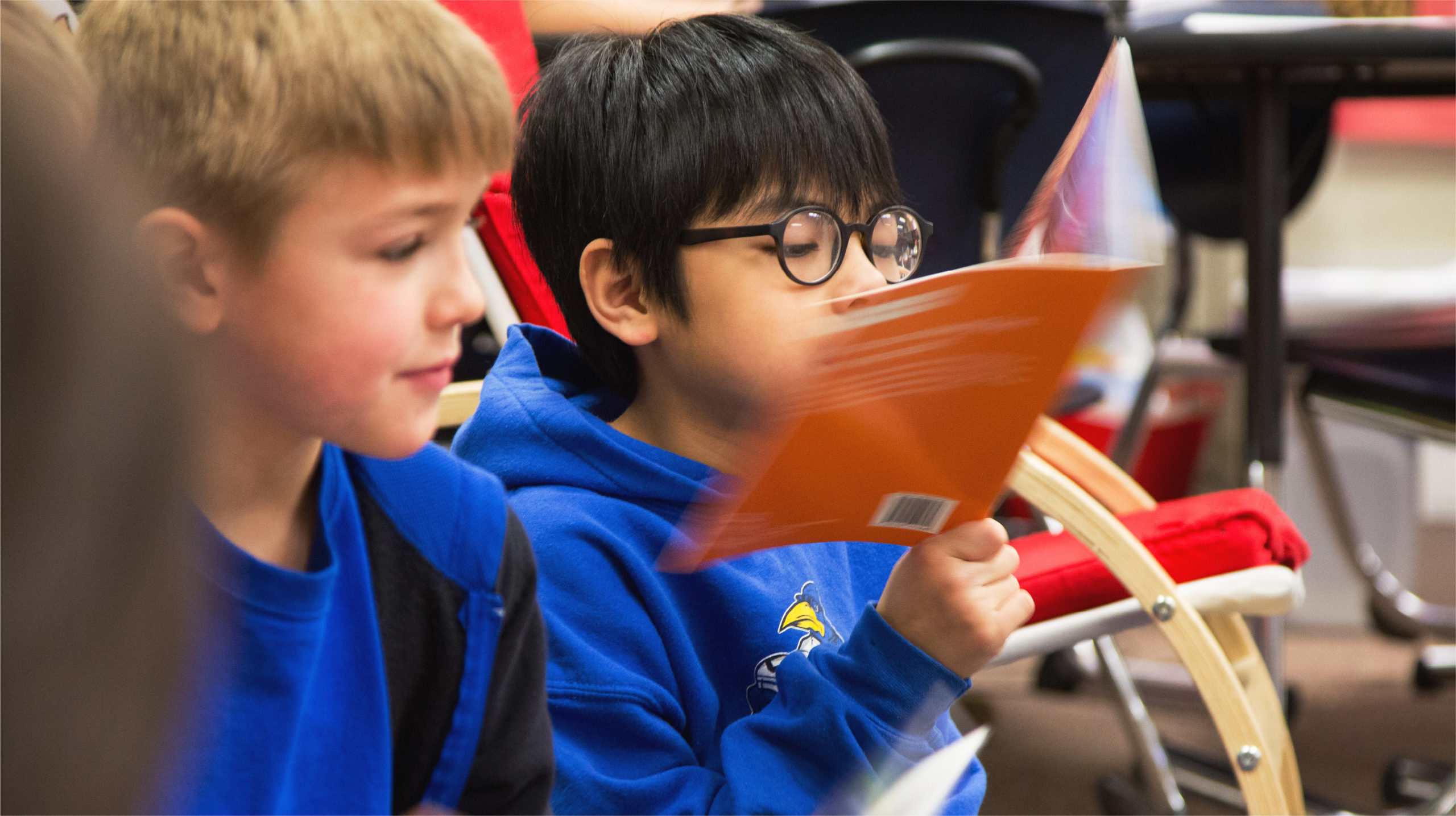
The program is backed by gold-standard research.
UC Berkeley’s Lawrence Hall of Science, the authors behind the Amplify Science curriculum, developed the Do, Talk, Read, Write, Visualize approach, and gold standard research shows that it works. Our third-party efficacy research is pretty exciting, too.
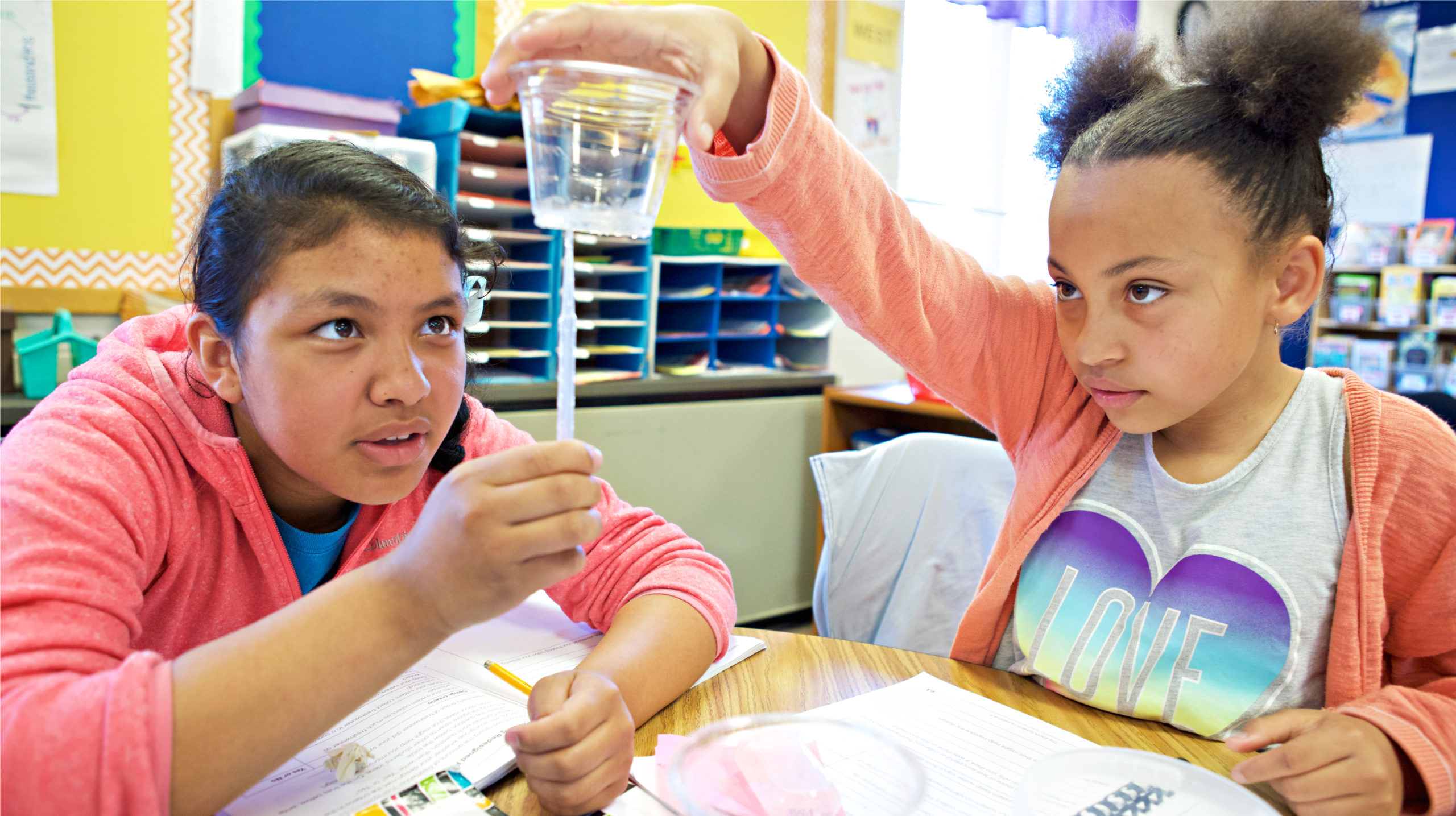
Hands-on learning is an essential part of Amplify Science.
Hands-on learning is integrated into every unit through hands-on investigations that are critical to achieving the unit’s learning goals and deepening students’ understanding of the unit phenomena.
See Amplify Science hands-on investigation videos in action.
As part of Amplify Science’s Animal and Plant Relationships unit, students take on the role of plant scientists to figure out why there are no new chalta trees growing in the Bengal Tiger Reserve in India. In this video featuring Lesson 3.2, second-grade students from Chicago Public Schools are engaging with a hands-on model in which they simulate animal dispersal of seeds, measure how many seeds were dispersed to places where the seeds are likely to grow, and analyze their results.
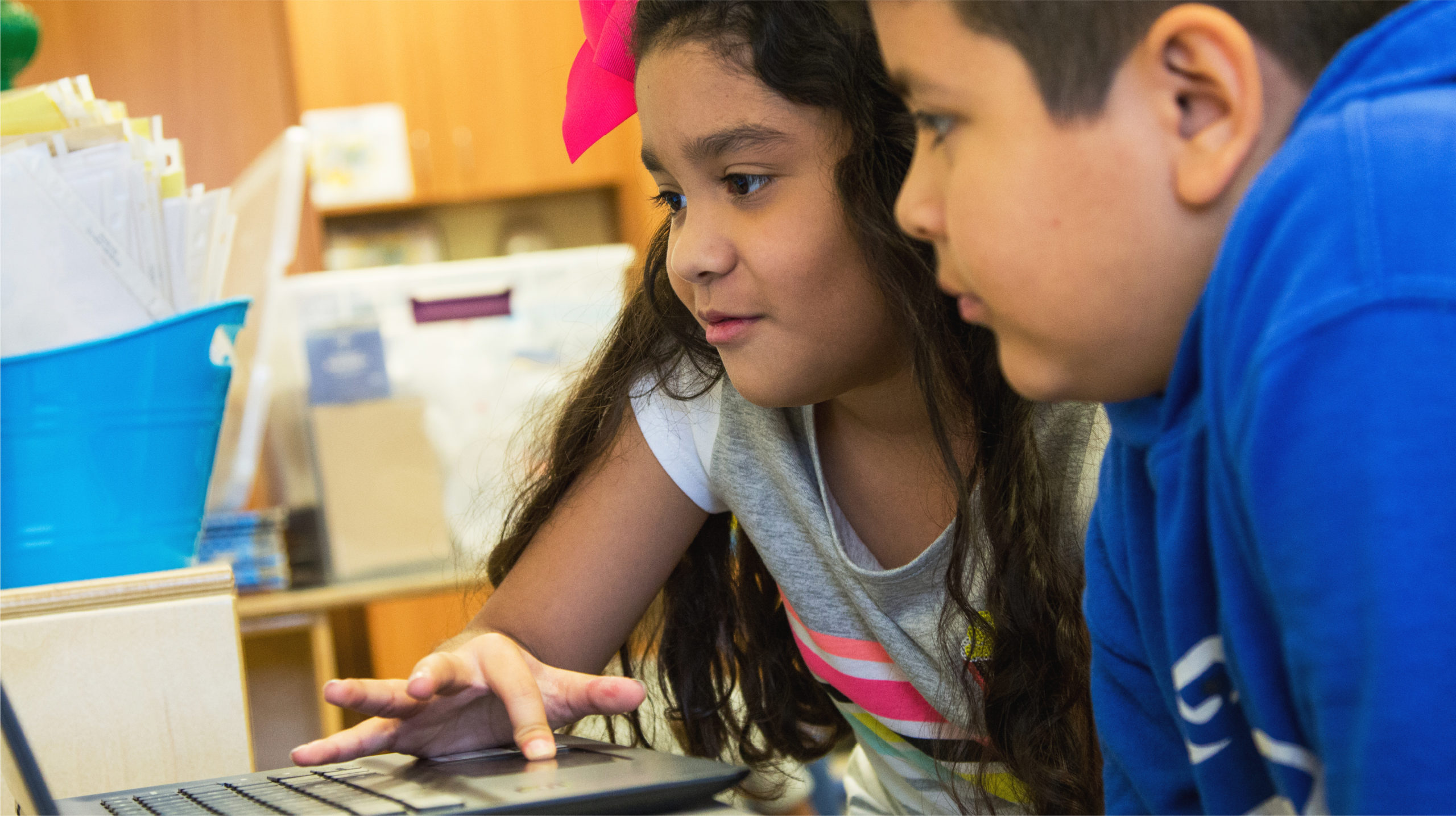
Immersing young students in reading, writing, and arguing like real scientists and engineers.
Literacy should be an integral part of science curriculum. While practicing scientists actively investigate the natural world, large parts of their investigations involve reading, writing, listening, and speaking.
For science that's too small, large, slow, distant, dangerous, or difficult to see or manipulate directly.
Developed exclusively for Amplify Science, digital simulations are interactive, virtual worlds that allow students to discover and construct understanding of science concepts and phenomena. Sims provide opportunities to explore scientific phenomena that might otherwise be challenging to investigate because they are too small, large, slow, distant, dangerous, or difficult to manipulate directly.
What sets Amplify Science apart
